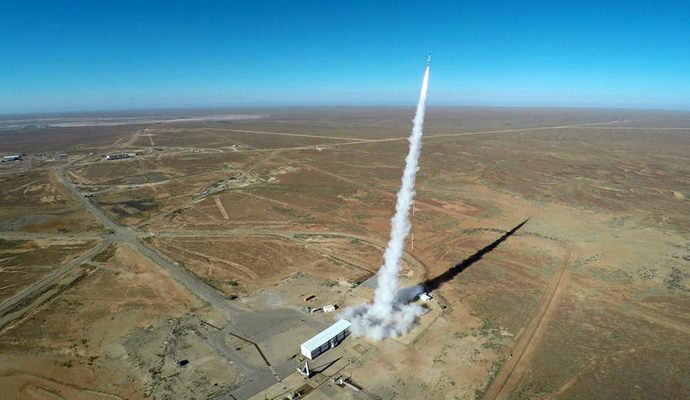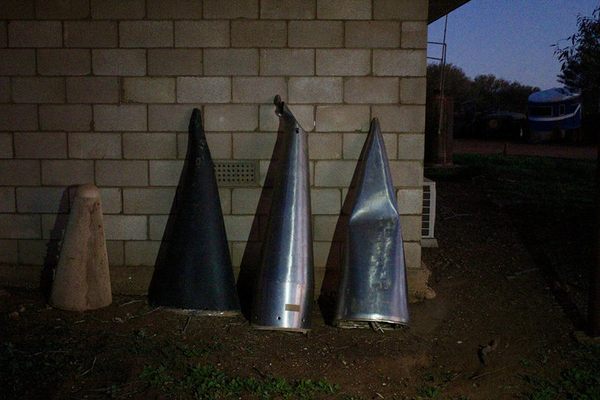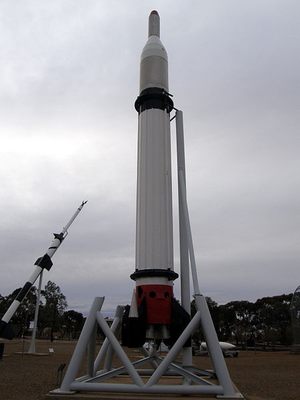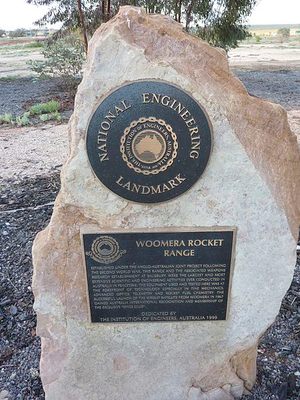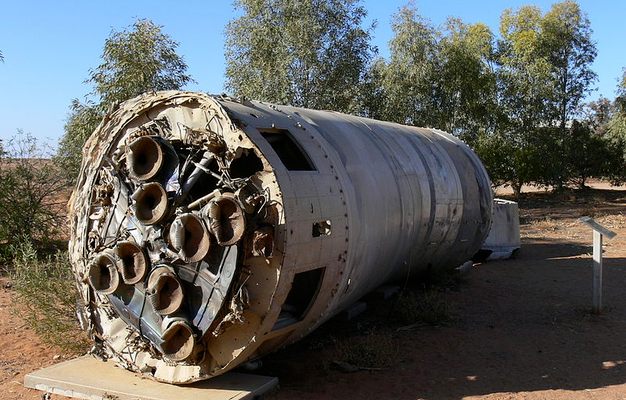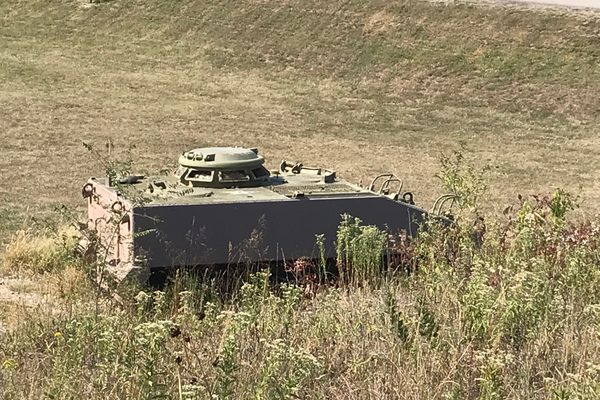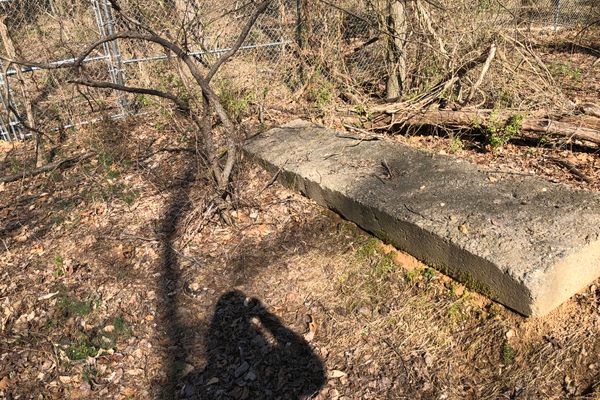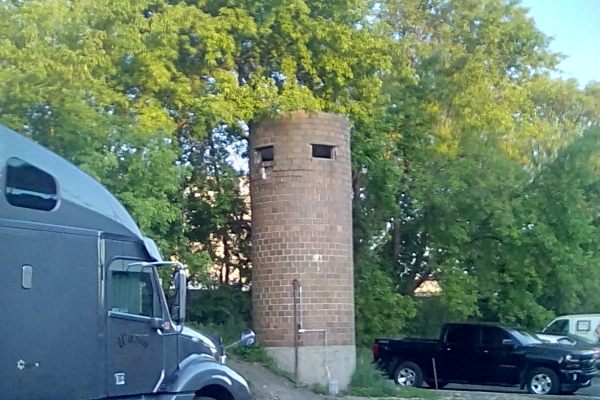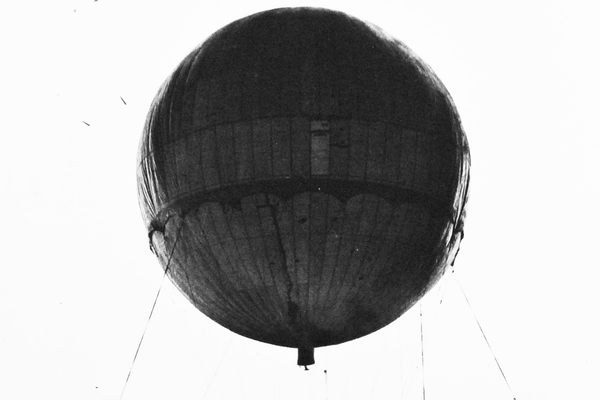About
The world’s largest military land base is in South Australia, where it was established in 1947 not at the behest of the Australian military, but of the British. Atomic bombs, ballistic missiles and boosters for satellites have all been tested at the range since it opened in 1947.
Having seen what the Germans were capable of during World War II, the U.K. decided it needed a place to do its own rocket testing. This vast, remote stretch of land in Woomera, South Australia was chosen as the location for the testing range. (The city was named, appropriately enough, after a device that allowed Aboriginal spear-throwers to throw their spears faster and with more force.)
About the size of Louisiana at 49,000 square miles, the range is still active today for the testing of drones, ground-based weapon systems and explosives, but it doesn’t provide the light show or rocket debris it once did. This year, the U.S. and Australian militaries successfully tested a hypersonic (extremely high speed) glider.
However, much of the arid and flat land is leased to mining companies or pastoralists to run either cattle or sheep, so there are people living on the rocket range. (Tests are generally planned to avoid peak pastoral and farming times such as mustering and sheep-shearing.) The ranches have been in the area for decades, some even longer than the test range. Bomb shelters were built for families who live on the land, and the families are occasionally temporarily evacuated during tests. With special permits, gold, iron, and other kinds of mines have also been allowed to operate on the otherwise prohibited land.
Pastoralists are still finding bits and pieces of rockets, satellites, and weather balloon from those early tests; the William Creek Hotel is a display of military and space junk found in the area. There is a village of Woomera, which is the traditional gateway to the test range. It is the only part of the range open to tourists without permits, and has places set up to learn about the history of the area.
Related Tags
Published
September 12, 2017


